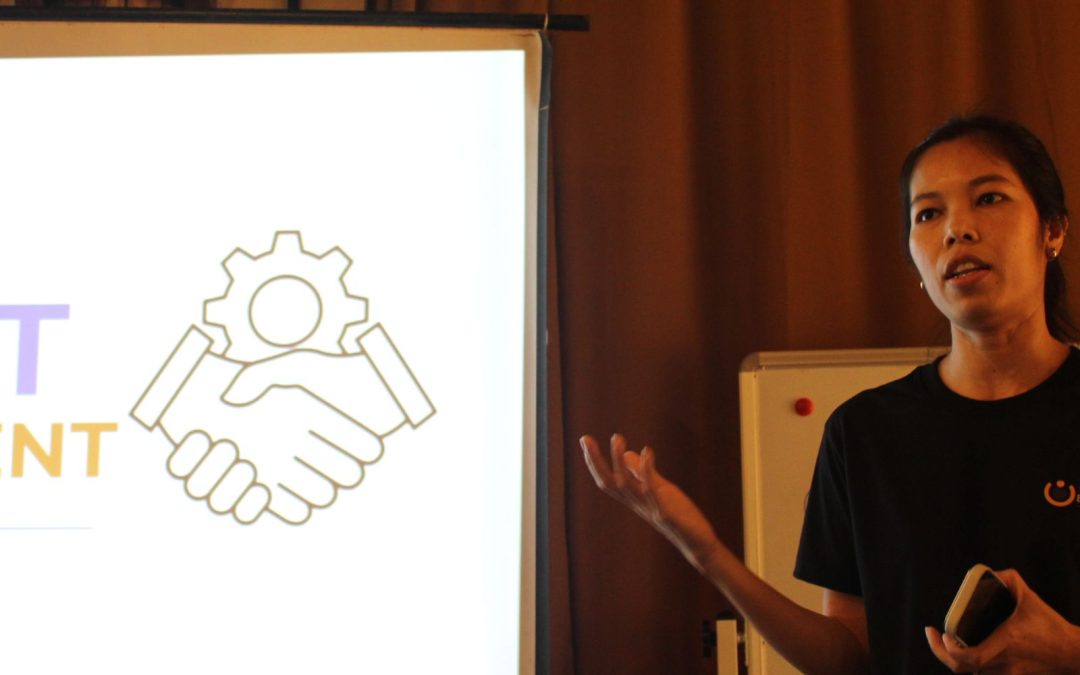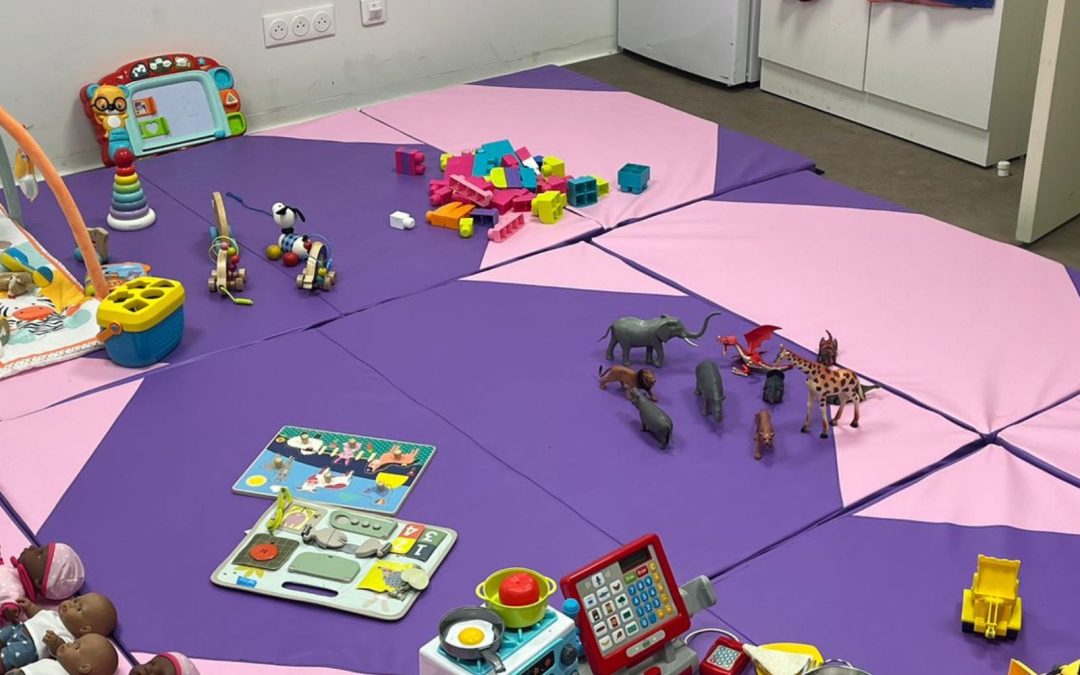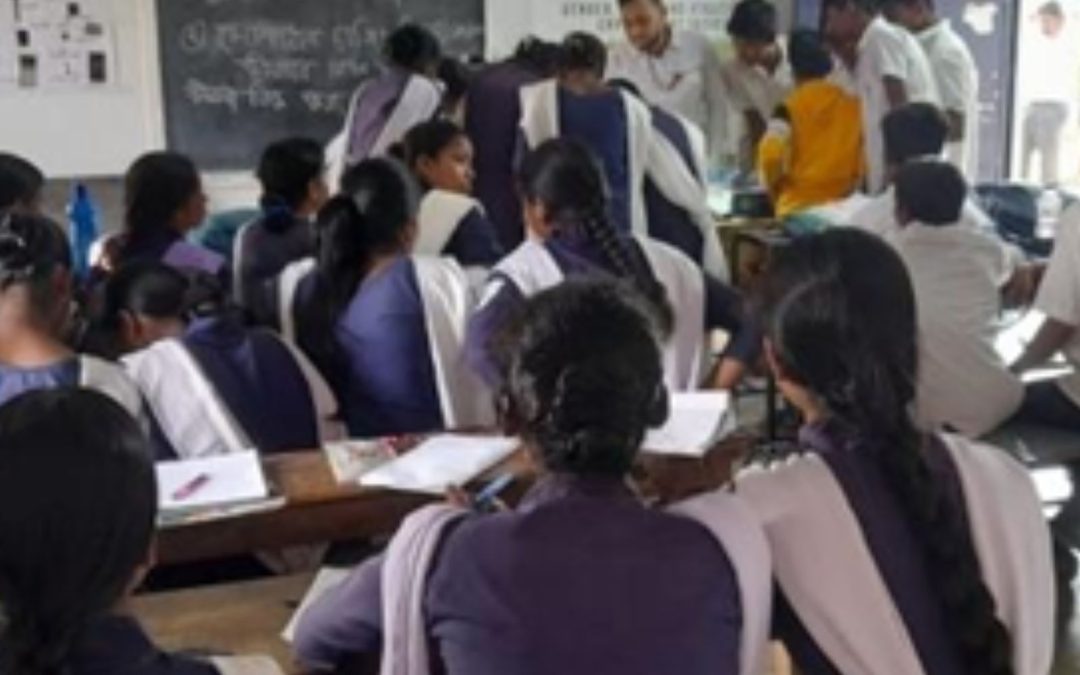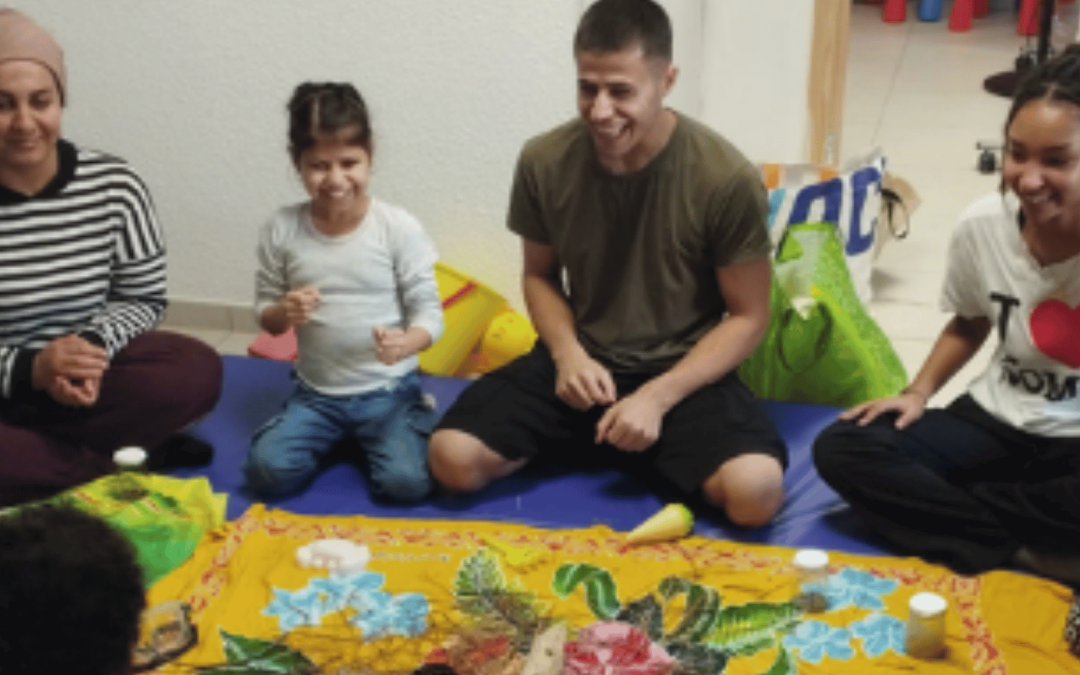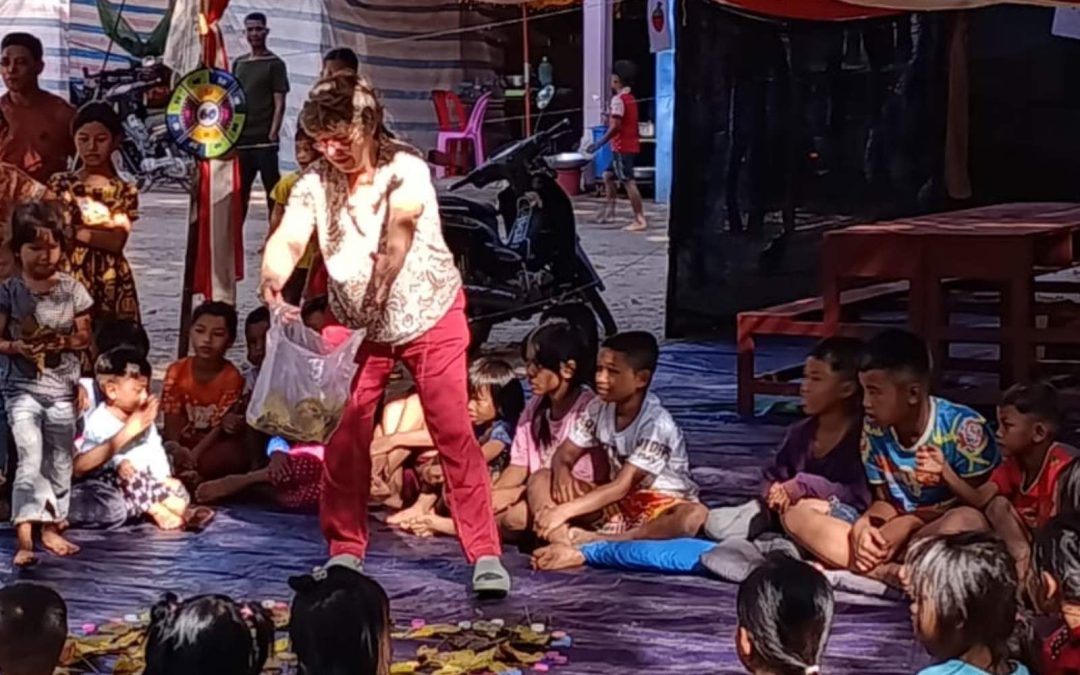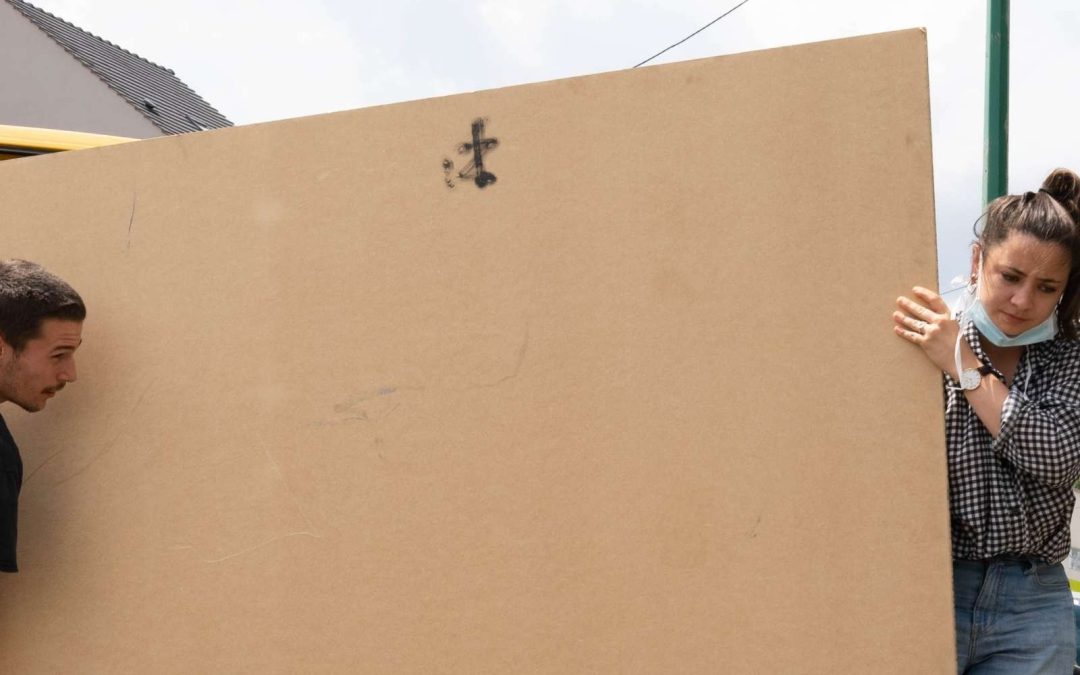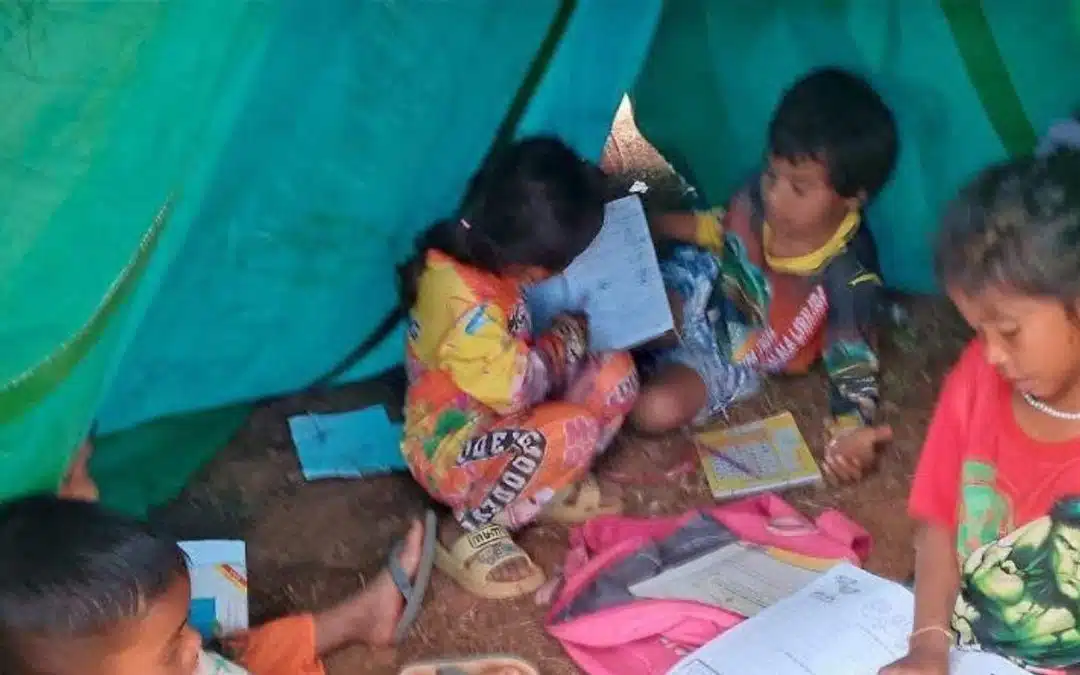In Cambodia, family businesses and VSEs (very small enterprises) are pillars of the economy. But they lack training in the risks of violence, trafficking and exploitation that can affect children directly or indirectly in the workplace.
It was against this backdrop that Planète Enfants & Développement was chosen to take part in a new project funded by CAPRED, an Australian economic development program in Cambodia.
The aim is simple: to raise awareness among 35 CAPRED partner companies about the exploitation of children in the workplace, and to train them to create safer working environments that respect the rights of children of working age, in a country hard hit by inequality and violence against children.

Understanding needs before taking action
Before getting started, our team interviewed the 35 partners in Phnom Penh, Takeo and Siem Reap, to assess their training needs.
" We're talking here about family-run businesses or those with fewer than 50 employees. Many have no child protection policy at all. Most are unaware of children's rights, unable to identify the signs of exploitation and abuse, but would like to be trained to better protect employees, families and those around them. »explains Stéphanie Selle, Cambodia Manager for Planète Enfants & Développement.
Based on these observations, we have built a tailor-made program:
4 training sessions, 70 participants (2 per company), 3 provinces (Phnom Penh, Takeo and Siem Reap).
The first sessions will start in the next few days.
Participants will learn to :
- Recognize high-risk situations: child abuse - especially sexual abuse, exploitation at work, etc.
- Set up internal procedures
- Alert and know how to act in case of suspicion
- Creating safer environments for children of working age
Post-training support
It's not just about information.
After each session, our team will support each company in the actual implementation of the new policies: posters, procedures, referents, employee awareness...
Because protecting children is not a training module: it's a cultural change.
For a big impact
This project, which is contributing to a major change in outlook for hundreds of children and families across Cambodia, will hopefully be followed by other similar initiatives.
One more step towards making child protection a priority everywhere: in workshops, family businesses and the small structures that keep the country going.

Children's rights
The Convention on the Rights of the Child, adopted on November 20, 1989 by the United Nations General Assembly and ratified by 196 States, stipulates in Article 32 that :
« 1. States Parties recognize the right of the child to be protected from economic exploitation and from performing any work that is likely to be hazardous or to interfere with the child's education, or to be harmful to the child's health or physical, mental, spiritual, moral or social development.
2. States Parties shall take legislative, administrative, social and educational measures to ensure the implementation of the present article. To this end, and taking into account the relevant provisions of other international instruments, the States Parties shall, in particular :
a) Set a minimum age or minimum ages for admission to employment;
b) Provide for appropriate regulation of working hours and conditions of employment;
(c) Provide for appropriate penalties or other sanctions to ensure the effective enforcement of this article.»
In Cambodia, the minimum working age is 15. The minimum age for hazardous work is 18. The law authorizes children aged 12 to 15 to carry out “light work”, which is neither dangerous to their health nor to their mental and physical development, and which does not affect their schooling.
The definition of «light work», its maximum duration and the types of jobs authorized are governed by ministerial decrees.
The Cambodian National Council for Children reports that in 2023, 11.9 % of children aged 5-17 were “engaged in child labor”.
Cambodia adopted its National Action Plan for the Reduction of Child Labor and the Elimination of the Worst Forms of Child Labor in 2016. It expires in 2025. A new plan is currently being developed.

